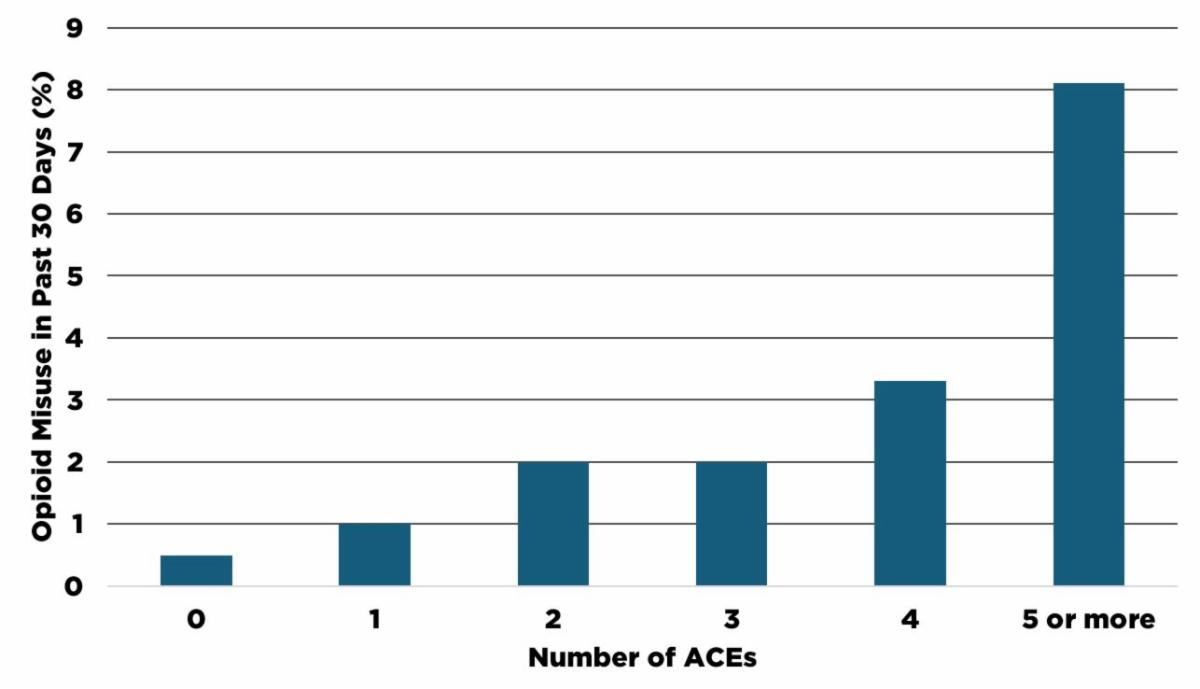To forward to colleagues or add to your newsfeed use this link: View as Webpage If you're reading but haven't subscribed, click the banner above to receive future issues.
Providing Affirming Care for LGBTQ+ People in Substance Use Treatment Settings
In the last addition of the Bulletin we shared that Columbia University Department of Psychiatry Division on Substance Use Disorders has created a one-of-a-kind, web-based training funded by ORN that will help substance use disorder treatment providers deliver more affirming care to their LGBTQ+ clients. This course has since launched and is available to access, and benefit from, at no cost. Authors: Margaret Paschen-Wolff, DrPH, MSW; Jeremy D. Kidd MD, MPH; Avery DeSousa, BA; Theresa V. Navalta, BA; and the Community Advisory Board. Duration: 1 - 1.5 hours. Access here.
How else can ORN support your efforts in delivering affirming care for LGBTQ+ people? ORN's Sexuality and Gender Diversity Workgroup (formally known as the LGBTQ+ Workgroup) is coordinating a virtual “Meet and Greet” aiming to introduce you and your organization to the workgroup's members and share how the workgroup supports ORN’s mission to help you help others reach LGBTQ+ communities facing opioid and stimulant use struggles. Learn how to access ORN as a free resource to receive support in providing affirming, culturally intelligent and evidence-based education and trainings around substance use. Register here for the Meet and Greet.

Deadly Adulterants: Another Threat from the Opioid Epidemic
The American College of Medical Toxicology (ACMT) Toxicology Investigators Consortium (ToxIC) is identifying and reporting on novel and emerging opioid and stimulant exposures for ORN every quarter. ACMT is an ORN partner organization. The latest in the series of reports is titled "Deadly Adulterants: Another Threat from the Opioid Epidemic."
Adulteration and contamination of illicit drugs has long been a potential hazard for people who use both sporadically and chronically. Over the centuries, clusters of illness tied to specific adulterants can be found in historical descriptions. For example, in 1982 four young adults living around San Jose, CA developed Parkinson’s like movements after intravenous illicit opioid drug use. The substance was tested and found were byproducts of the production of a synthetic “street heroin” that was newly emerging in northern California at the time. Read the full report here. Past reports here.

Adverse Childhood Experiences (ACEs) Data Spotlight
The increased accessibility to prescription pain medications over the last 20 years has made it easier for adolescents to engage in opioid misuse and, subsequently, be at heightened risk for opioid use disorder and related adverse outcomes. As a result, it is important to identify risk factors for opioid misuse to inform prevention and treatment efforts among children and adolescents. Recent research has highlighted a significant relationship between adverse childhood experiences (ACEs) and subsequent opioid misuse among adolescents. Specifically, findings show that adolescents who are exposed to five or more ACEs are 15 times more likely to report recent opioid misuse. In total, over 70% of recent opioid misuse is attributed to previous childhood adversity.
Past Month Opioid Misuse Among Adolescents, by Number of ACEs

[Source: Swedo, E. A., Sumner, S. A., de Fijter, S., Werhan, L., Norris, K., Beauregard, J. L., ... & Massetti, G. M. (2020). Adolescent opioid misuse attributable to adverse childhood experiences. The Journal of Pediatrics, 224, 102-109.]
How is ORN Responding? ORN responds to technical assistance requests from individuals, organizations (and anyone!) specific to ACEs both in-person and virtually. These requests and subsequent action result in training, educational materials, and strategic planning which spans prevention, treatment and recovery. For example, ORN conducted a webinar on the association between ACEs and criminal justice involvement. This presentation highlighted the extent to which ACE trauma has been linked to challenges with brain development in adults and subsequent behavioral health issues. For example, a study of California’s prison population reported that over half of inmates had experienced ACEs. For access to this resource (all at no cost) or to coordinate your own training submit a request at OpioidResponseNetwork.org.
This data spotlight is part of a series brought to the Bulletin by ORN partner organization, RTI International.

Upcoming Education and Training Opportunities
Medication for Opioid Use Disorder (MOUD) Implementation Guides for Probation and Parole
Justice System Partners, in a partnership with the Brown University School of Public Health, and with ORN funding, is developing a suite of resources and practical tools for implementing MOUD in criminal justice settings. A series of guides for community corrections work are now available. The series is for individuals trying to ignite (or re-ignite) an interest in using or expanding the use of MOUD within communities, and specifically within probation and parole. Contact your local ORN representative by submitting a request at OpioidResponseNetwork.org for access to the guides - provided at no cost.
